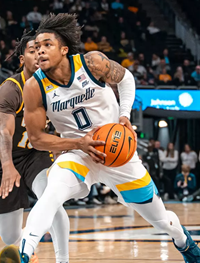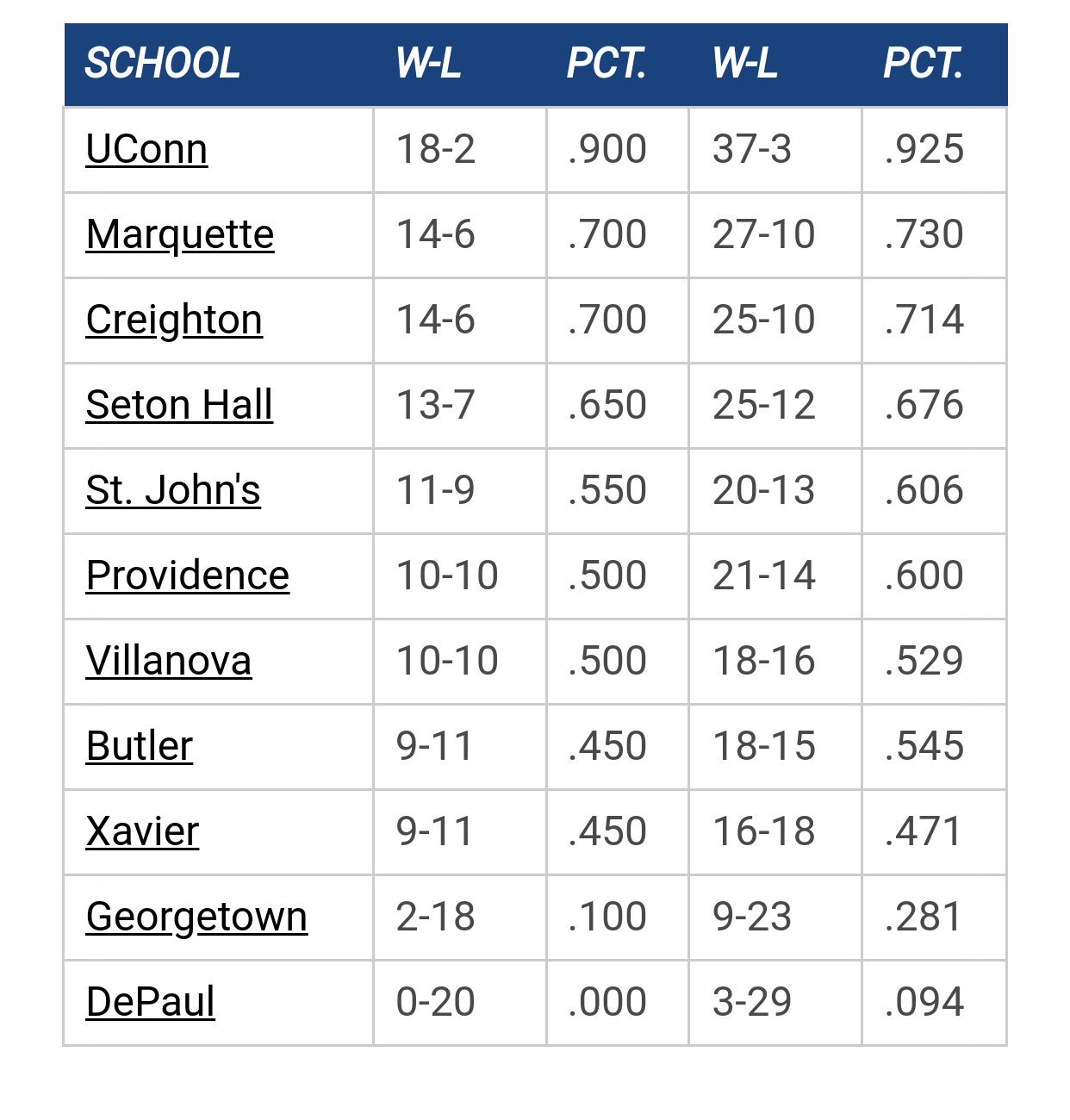- Welcome to MUScoop.
2025-26 College Hoops Thread by MuggsyB
[Today at 08:37:41 PM]
2025-26 Big East Thread by Jay Bee
[Today at 08:32:14 PM]
When was the last time.... by Jables1604
[Today at 08:28:58 PM]
What has changed with Marquette and is it sustainable? by Jables1604
[Today at 08:25:38 PM]
The CB Crown Tournament - 2026 by rocky_warrior
[Today at 08:25:03 PM]
Recruiting as of 1/15/26 by Jables1604
[Today at 08:20:39 PM]
2025-26 Big East Conference TV Schedule by Mr. Nielsen
[February 27, 2026, 04:14:53 PM]
[Today at 08:37:41 PM]
2025-26 Big East Thread by Jay Bee
[Today at 08:32:14 PM]
When was the last time.... by Jables1604
[Today at 08:28:58 PM]
What has changed with Marquette and is it sustainable? by Jables1604
[Today at 08:25:38 PM]
The CB Crown Tournament - 2026 by rocky_warrior
[Today at 08:25:03 PM]
Recruiting as of 1/15/26 by Jables1604
[Today at 08:20:39 PM]
2025-26 Big East Conference TV Schedule by Mr. Nielsen
[February 27, 2026, 04:14:53 PM]
The absolute only thing required for this FREE registration is a valid e-mail address. We keep all your information confidential and will NEVER give or sell it to anyone else.
Login to get rid of this box (and ads) , or signup NOW!
DePaul Date/Time: Mar 1, 2026, 3:00pm TV: FS1 Schedule for 2025-26 |
||||||
User actions



